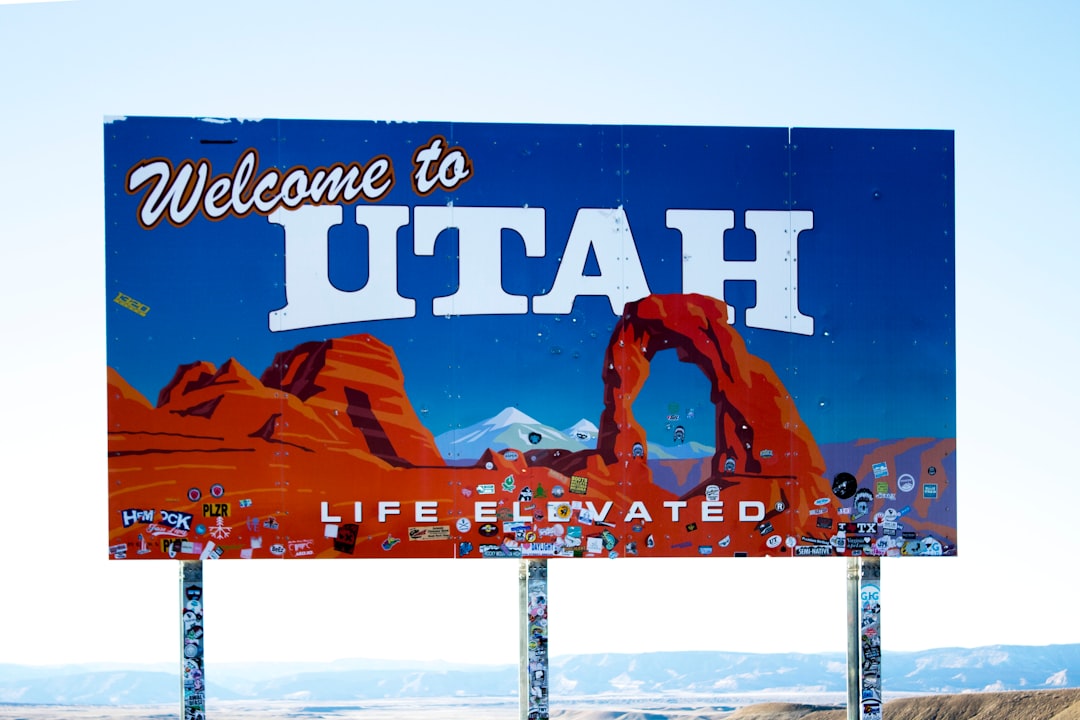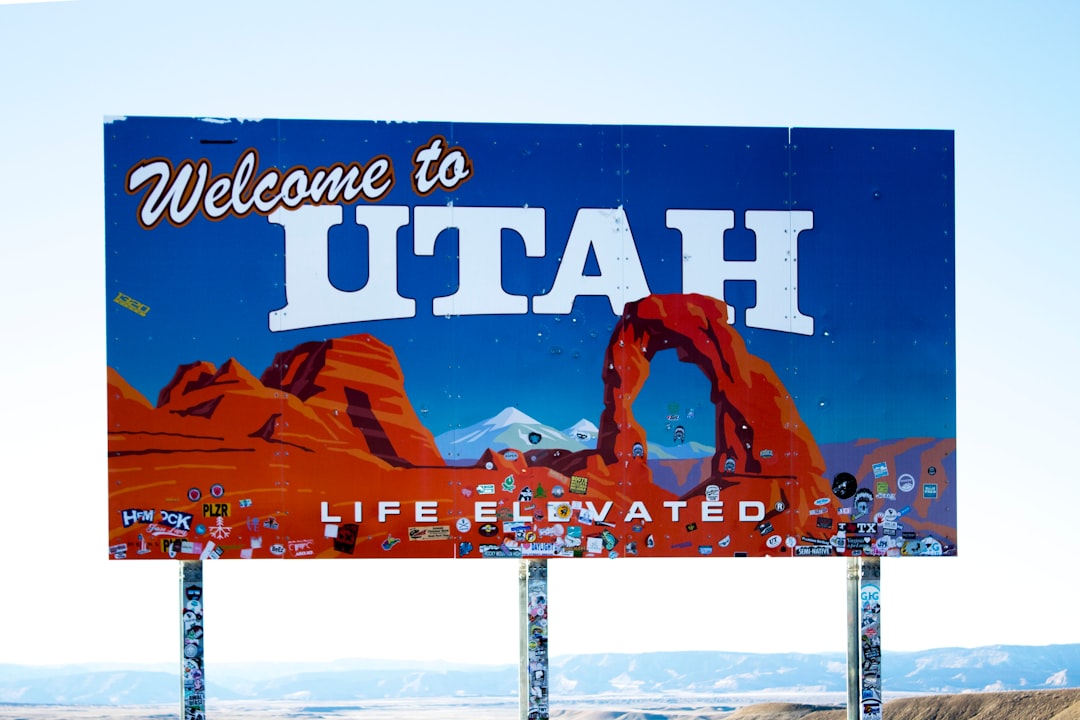Utah's call recording laws, rigorously enforced by debt collector lawyers, protect both consumers and collectors, fostering transparency in financial transactions. The law requires explicit consent from all parties for recorded conversations, with a key exception for business purposes like debt collection, as long as one party is aware. Debt collector lawyers play a crucial role in ensuring compliance, avoiding legal repercussions, and guiding clients through Utah's complex legal landscape related to call recording and debt recovery practices. Violations can lead to severe consequences, emphasizing the importance of understanding these laws, especially for debt collector lawyers in Utah.
“In Utah, call recording laws are a crucial aspect of consumer protection, especially regarding interactions with debt collectors. This article delves into the intricate details of Utah’s legislation, offering a comprehensive guide for both consumers and debt collection professionals. We explore the rights and responsibilities outlined in these laws, focusing on the legal implications for debt collectors. From understanding when call recordings are permissible to learning best practices for ethical use, this resource equips Utah residents and debt collector lawyers with essential knowledge to navigate these regulations effectively.”
Understanding Utah's Call Recording Laws

In Utah, call recording laws are designed to protect both consumers and debt collectors, ensuring transparency and compliance during communications. According to Utah law, any party to a conversation can record the call with prior consent from all participants. This means that if you’re dealing with a debt collector in Utah, you have the right to record the conversation for your protection. However, it’s crucial to inform the debt collector that you intend to record the call, as non-compliance may result in legal repercussions.
Debt collector lawyers in Utah emphasize the importance of understanding these laws to avoid potential violations. Collectors must obtain explicit consent from individuals they’re communicating with and ensure that recordings are made for legitimate business purposes only. Adhering to these guidelines not only helps maintain ethical practices but also safeguards against false claims or misunderstandings that could arise from misrecorded conversations.
– Overview of Utah's legislation regarding call recordings

In Utah, the recording of telephone conversations is regulated by state law, with specific rules applying to debt collection practices. The Utah debt collector lawyers have been instrumental in shaping these regulations to protect consumer rights. Generally, all parties to a conversation must consent for it to be recorded. However, there are exceptions; one significant one allows for the recording of calls made for business purposes, including debt collection, as long as at least one party to the conversation knows that it is being recorded. This exception is crucial for debt collector lawyers in Utah when handling client cases.
The law also prohibits the unauthorized use or disclosure of recorded conversations, ensuring privacy and confidentiality. Violations can lead to legal consequences, including potential civil suits for damages. Understanding these laws is essential for both debt collector lawyers in Utah and consumers to ensure compliance and protect their rights during financial interactions.
– Legal implications for debt collectors

In Utah, debt collectors are bound by strict laws regarding call recording and communication practices to protect consumers’ rights. The Legal implications for non-compliance can be severe for debt collector lawyers in Utah. These regulations ensure that conversations between debt collectors and debtors are conducted transparently and ethically. Under Utah law, both parties must consent to recorded communications, and any violation of this rule could lead to legal repercussions.
Debt collection agencies operating in Utah must adhere to these guidelines to avoid potential lawsuits and penalties. Debt collector lawyers in the state play a crucial role in advising their clients on these matters, ensuring compliance, and providing guidance to navigate the legal landscape surrounding call recording and debt recovery practices.






